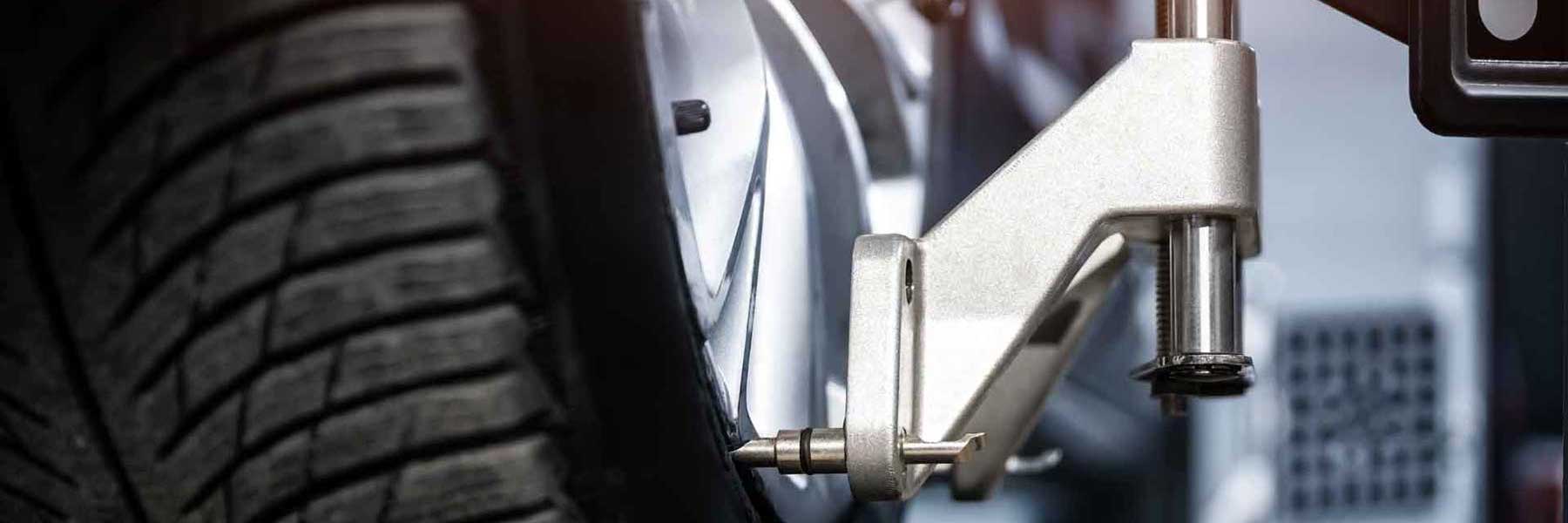Unless a dark puddle greets you under your car, a warning light on your dash, or enough smoke coming out of your tailpipe to worry the Boise fire department -- the oil in your vehicle's engine is usually out of sight, out of mind.
Regardless of whether or not you are the kind of person that stays on top of things, investing in preventative maintenance for your car is a crucial aspect of preventing bigger issues down the road. Being proactive will save you not only time but money in the long run, because when you have regular oil changed performed on your vehicle you can prevent costly car problems.
Your automobile is likely to be the second largest investment financially that you will ever make, yet shockingly many people don’t invest in proactive auto maintenance to protect that investment. Regular oil changes are one of the simplest things that you can do to take care of your vehicle and extend its lifespan.
What is proactive maintenance?
When we say proactive maintenance, what do we mean? Just like getting a regular physical checkup, regular auto checkups from a professional team can help identify and correct any issues before they become serious, to keep your vehicle on the road and your pocketbook happy too.
Proactive maintenance can include everything from oil changes to fluid checks to windshield wiper replacement. But don’t worry, you don’t have to remember every detail or do it yourself because your auto repair partner can help you take care of the services you need, and keep your oil changed on a regular schedule.
Regular Oil Changes
Out of all the options for proactive maintenance, the most important is having a professional oil change. Not only is it important for the longevity of your vehicle, it's also a great opportunity for your mechanic to take a look at your vehicle's health.
Luckily for you (and your wallet!), the oil change does not need to be done at the dealership, as many people think. Finding an auto repair partner can be better for costs, maintenance, and the life of your car because the team is 100% focused on providing excellent service with expert training and experience.
How often should I check my oil?
This is where out of sight, out of mind can cost you big time. No matter how new your vehicle is, checking the oil is one of the most important things you can do to either catch or prevent significant problems down the road (literally!). A drop in your oil level or in its appearance is a harbinger of something serious, so checking it often is incredibly important.
You should check your engine's oil level at least once a month, and possibly more if it's driven hard or has higher mileage. Check your owner's manual or our service department if you need help locating your dipstick and understanding how to check your oil properly.
If you check your oil and find that it’s a little low and need to top it off, this may not signal any serious problems yet (especially if you drive an older vehicle or one with high mileage), but don’t be mistaken; topping off your engine oil is NOT a substitute for regular oil changes.
How often should I have my oil changed?
Your grandpa might say "every 3,000 miles", but your co-worker only changes his every 10,000 miles. So what gives? Who's right? The answer is, they are BOTH right, depending on the year, make, model, and how they use their vehicle.
So how do you know how often you should have the oil changed in YOUR vehicle? This is a common question when establishing proactive maintenance schedules. Most cars use synthetic blend oil, which requires an oil change about every 5,000 miles.
Oil changes come up more often with older cars or those using conventional oil (every 3,000 miles), and if your vehicle uses full synthetic, then it can be longer approximately 7,500 miles. Ask your auto repair professional about your specific vehicle!
Your owner's manual is the best guide, and if you drive a car manufactured in the last 10-15 years or so, it might even be able to tell you itself! Many vehicles have an oil life sensor that will notify you when it's time to change your oil, based on an algorithm that includes cold starts, drivetime, idle time, etc.
Also, keep in mind that all oil will break down over time. So even if you have a vehicle that isn’t driven often, you may still want to consider talking to your car care professional about having regular oil changes done in these kinds of circumstances as well.
What kind of oil should I be putting in my engine?
The right type of oil for your engine is usually going to be the type/weight suggested by your vehicle's manufacturer. Many late-model vehicles even have a sticker or graphic on the oil-fill cap that tells you which kind to use. Some other things to keep in mind are cost and how you use your vehicle.
If you regularly operate your vehicle under extreme conditions (heat, cold, dirt roads, towing, the track, etc) you might want to consider changing your oil more often, or using synthetic, etc. as long as it doesn't void your vehicle's warranty or contradict the manufacturer's specifications.
Here are the 4 types of engine oils that are commonly recommended:
- Conventional: This is usually the least expensive, and the most commonly used but isn’t recommended as often by vehicle manufacturers or for use in high-performance vehicles much anymore these days, as this is the oil type that is the most sensitive to temperature changes, and is likely to break down faster.
- Full Synthetic: This is a lubricant that is specially formulated to perform better than conventional oil. It resists break-down faster, is more resilient to temperature changes, and also needs to be changed less often than conventional oil. It’s also more expensive than conventional oil as well.
- Synthetic Blend: This formulation uses a mix of both conventional and synthetic oil. As a result, it breaks down less quickly than conventional oil alone but is also slightly more expensive as a result.
- Euro-Synthetic: This is a lubricant that is specially formulated to meet more stringent emissions requirements and performance needs of certain European vehicles. If you think your European car may need a Euro-Synthetic, make sure you ask your car care specialist.
Work With the Professionals
At Naylor’s Auto Repair, we have decades of experience maintaining and improving the functionality of vehicles so your car will run smoothly for longer. The best way to keep your vehicle's engine oil out of sight and out of mind is to pay it the attention it needs at regular intervals! If you are looking to get your oil changed in the Boise area, we have a full-service department and options to keep your vehicle regularly serviced and on the road.



